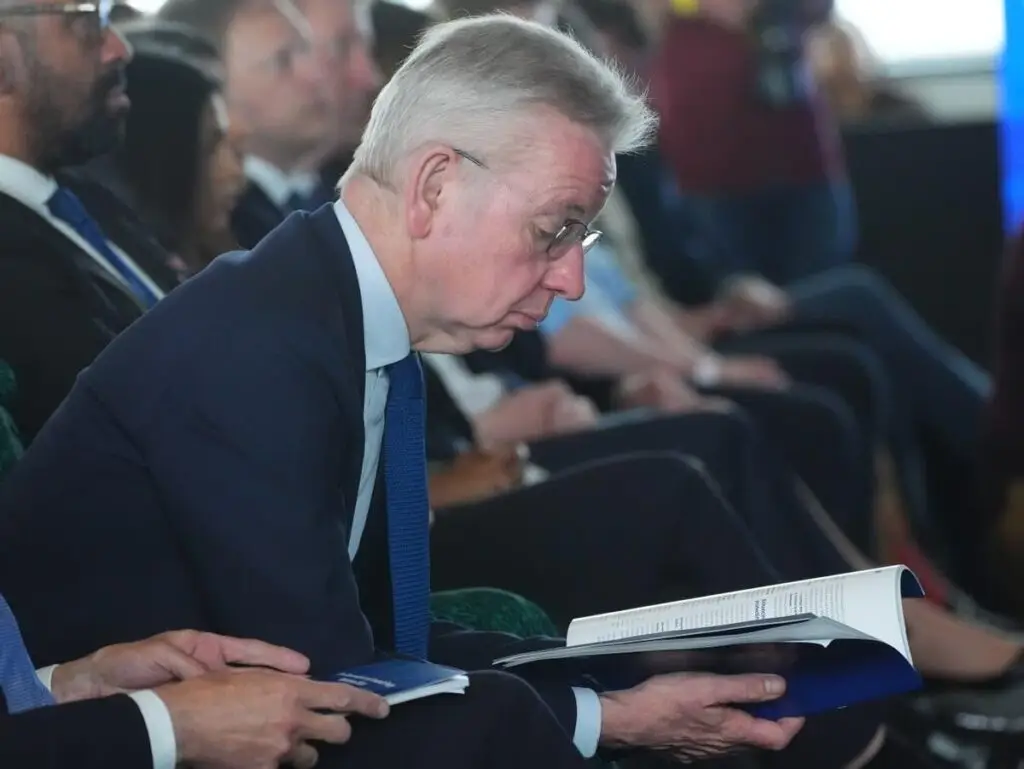The upcoming election isn’t just about Brexit; another major issue looms over the Conservative party.
- Five years ago, the Tories introduced the concept of ‘levelling up’, spearheaded by Boris Johnson.
- Today, ‘levelling up’ is barely mentioned, with Rishi Sunak sidelining the idea for other priorities.
- Public dissatisfaction has grown due to unfulfilled promises and limited progress in disadvantaged areas.
- The concept has shifted, now aiming to benefit all UK regions, diluting its original focus.
In the current election, Brexit is not the only contentious topic overshadowing discussions within the Conservative party. Another significant issue lies in the concept of ‘levelling up’, which was introduced five years ago by Boris Johnson. Despite its initial appeal, the term ‘levelling up’ has lost its prominence in 2024. Rishi Sunak has rarely talked about it, mentioning it only when questioned about funding for the return of national service. Instead of prioritising this agenda, the government has focused on smaller initiatives, often in areas that lean towards Tory support.
The reality of ‘levelling up’ was always questionable. The idea was to address disparities between deprived and affluent areas in the UK. However, the funds allocated never matched the scale of the problem. Germany’s unification required €2 trillion, while the UK’s fund for levelling up only reached £10.47 billion. Even this amount is likely to decrease, as some funds are being redirected.
National service funding is not about addressing regional inequities. It does not aim to uplift disadvantaged areas, making the use of the levelling up fund for this purpose highly contentious. Johnson had initially garnered support by highlighting regional hardships and promising change. However, significant progress has not been evident.
Michael Heseltine had previously championed similar regional development, earning respect across political divides. Johnson appeared to follow Heseltine’s path, offering hope to neglected regions. Disillusionment has grown among voters who see little tangible change. Lack of investment in infrastructure, education, and health reinforces feelings of neglect.
The limited achievements since Johnson’s promises include only a few relocations of civil servants and minor refurbishments. The Commons public accounts committee recently criticised the government’s inability to effectively spend the levelling up funds. Michael Gove, appointed as the levelling up secretary, has failed to deliver notable initiatives. The concept now appears in a diluted form in the Conservative manifesto, focusing on the entire UK rather than specific regions.
Sunak’s indifference towards ‘levelling up’ shows through his adaptations, making it a broad, less impactful policy. The unique, vote-winning potential of this agenda under Johnson is now lost. It has joined Brexit as a past idea that no longer drives current discussions.
The election highlights the fading prominence of ‘levelling up’, now buried alongside Brexit as an outdated and diluted concept.

